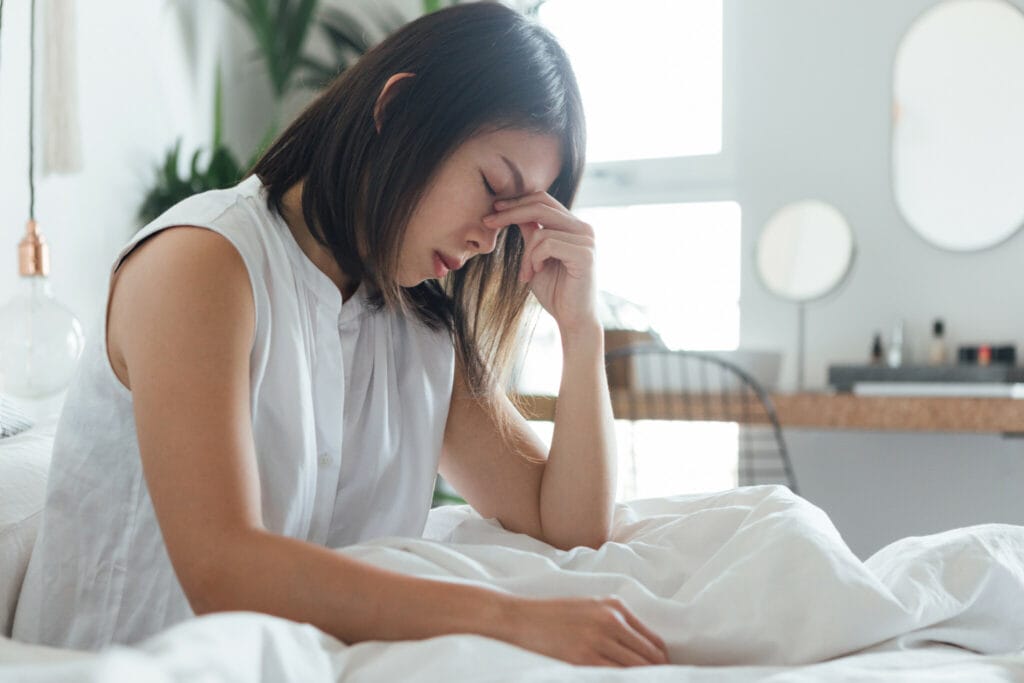By Corina Tan
The world has been in a state of worry, confusion, fear and anxiety since the beginning of the pandemic in early 2020. COVID-19 has impacted humankind in unprecedented and monumental ways since its discovery. Lockdown after lockdown has required people to have an abundance of resilience like never before. In addition to physical health, a keen sense of focus and mental stability is required too. Health reports around the world indicate that the public has shown significant signs of weight issues, alcoholism, lack of sleep, low motivation, depression, anxiety and paranoia, amongst others. The circumstances in which families have been affected after being cooped up together for such a long time, not to mention rising cases of domestic abuse, neglect, loneliness, despair and desperation have been a grave concern for everyone.

Getty Images
As humans are inherently social beings, the need to maintain connections with family and close friends is vital for us to remain focused and centred. While lockdowns and quarantines have been a necessary method to address concerns of transmission, they have resulted in immense levels of anxiety and stress. What people experience following such major changes and alterations to reality and daily norms, is now being evaluated all over the world as symptoms of Post Pandemic Stress Disorder (PPSD). Following which, PPSD is now on its way to being recognised as a mental health condition. For some, symptoms may well diminish over time as things slowly resume and acquire some semblance of normalcy, but for others, the experience of contracting COVID-19 or living through the pandemic itself has long-lasting effects.
As states in Malaysia slowly move forward and progress from phase 1 into less emergent phases 2, 3 and 4, the Health Ministry has made statements indicating its collective preparation to transition into an endemic stage where everyone will learn to live with COVID-19 within the community.
How do we as a society cope with Post Pandemic Stress throughout uncertain times such as these? The effects of any trauma can be debilitating, but there are ways to manage them, as experts make some suggestions that may help:
- Eat healthily by ensuring sufficient hydration, consuming whole foods while limiting processed food, and avoiding alcohol and recreational drugs.
- Exercising by making time to walk or run outside, bike, dance or yoga helps to produce stress-relieving hormones.
- Getting sufficient sleep so that the body and mind can rest and function properly.
- Meditating regularly to feel a sense of calm and peace, while focusing on strengths, and sooth anxieties through positive reinforcements.
- Connecting and socialising with positive and upbeat people, while avoiding negativity.
- Spreading compassion and love to others by reaching out with warmth and offering to help in areas where we might be useful.
- Find support when things get overwhelming by opening up to someone we trust like a family member, friend or therapist.
While these are not the only ways to deal with PPSD, having some form of structure in our lives will make it easier to slowly heal and recover from some of the long-term effects that the pandemic has brought into our lives. The most important thing to remember is that there is nothing abnormal about experiencing psychological difficulties after going through a traumatic life event, and when we need guidance, all we have to do is reach out for support and help.


